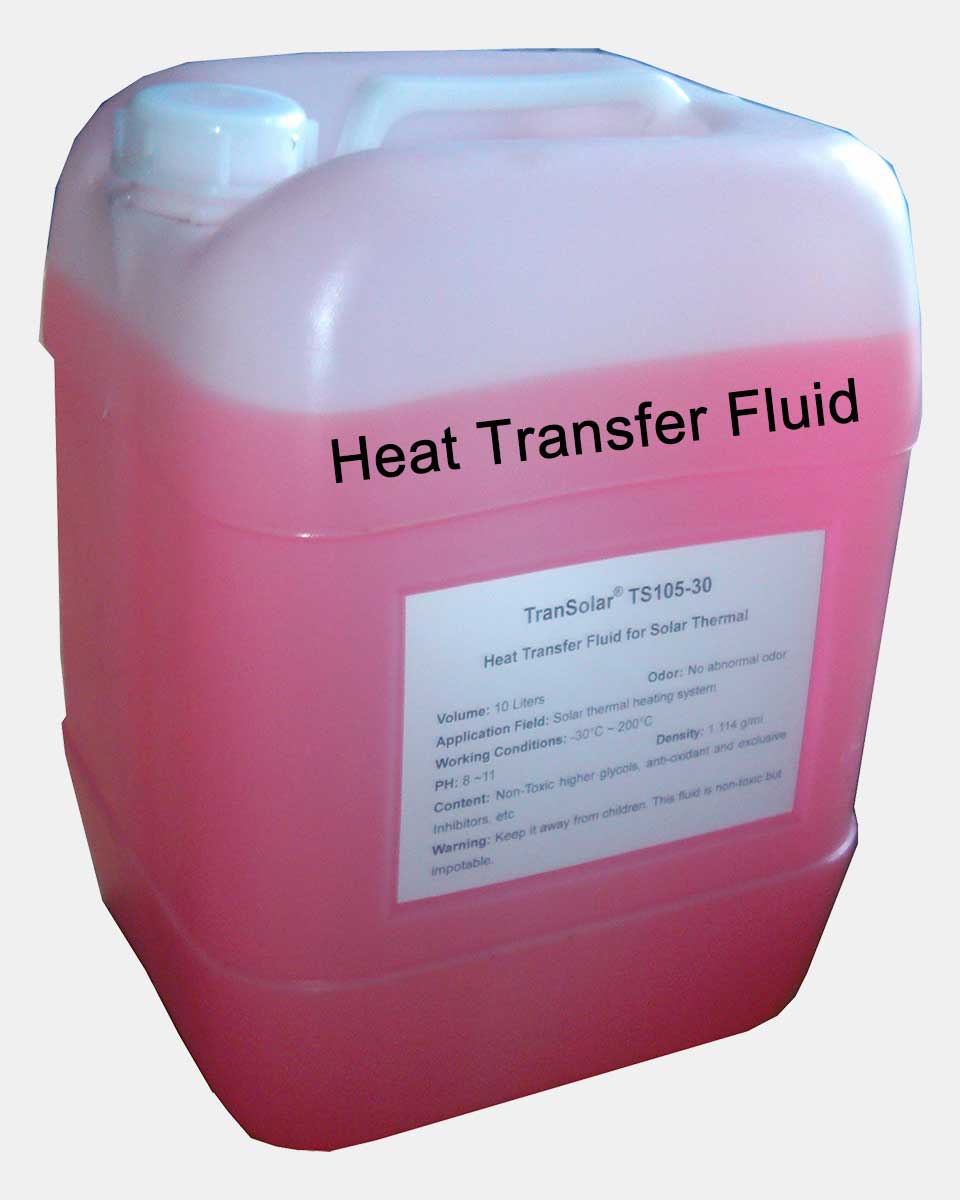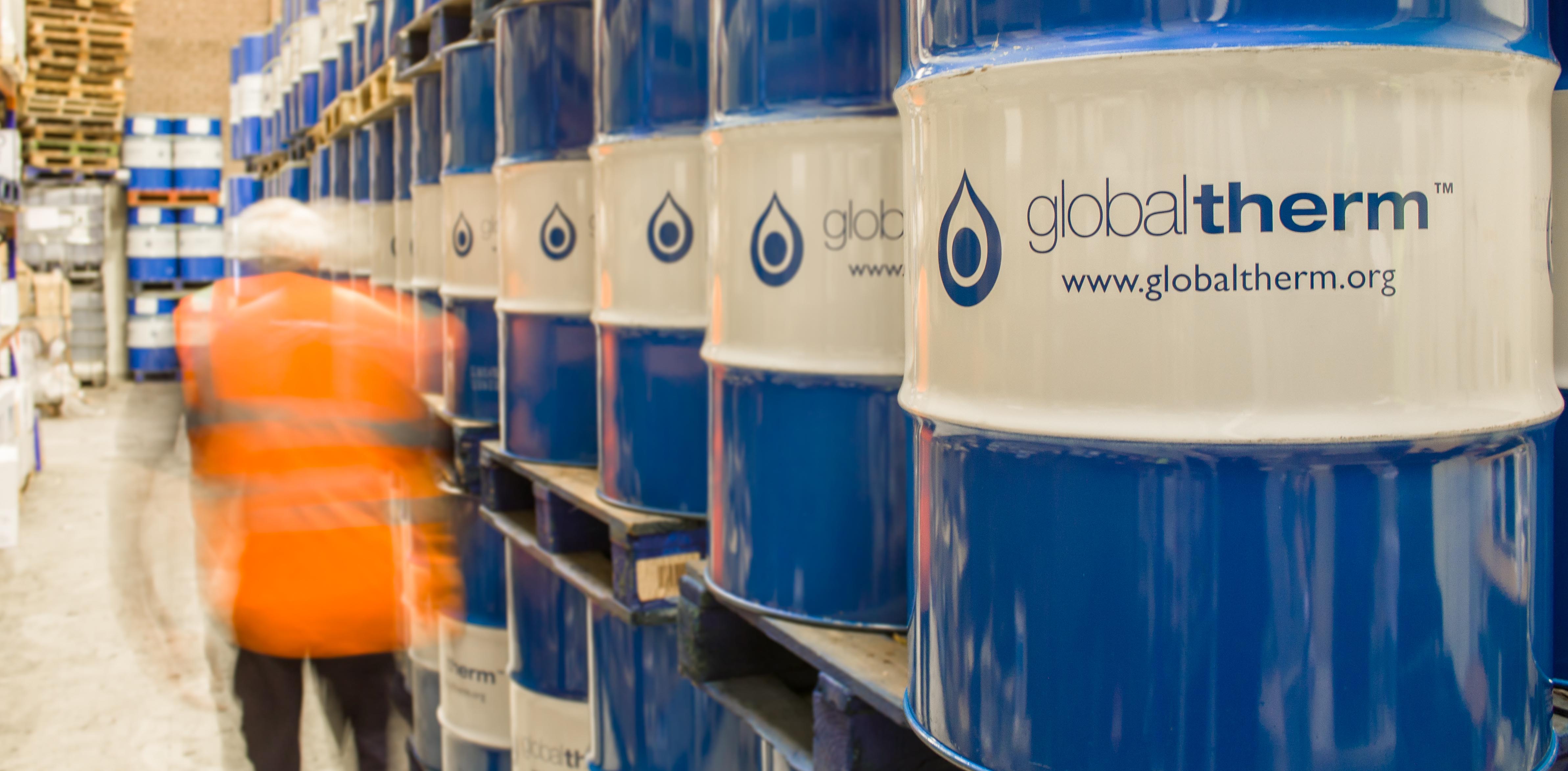A Comprehensive Overview to Heat Transfer Fluid for Solar Thermal Systems
A Comprehensive Overview to Heat Transfer Fluid for Solar Thermal Systems
Blog Article
Just How Warmth Transfer Fluid Adds To Sustainable and Affordable Workflow
In the modern industrial landscape, the duty of warm transfer fluids (HTFs) in advertising lasting and inexpensive operations can not be overemphasized. These liquids are pivotal in optimizing thermal monitoring systems, thus significantly enhancing energy performance and minimizing functional costs. Moreover, the ecological benefits of innovative HTFs, with their high thermal security and low poisoning, are obvious. They not only extend system long life yet likewise add to the decrease of unsafe discharges. The true possibility of HTFs is realized through the meticulous option procedure, making certain compatibility and safety and security. What aspects should guide this crucial choice?
Recognizing Heat Transfer Liquids
In the realm of thermal management, heat transfer fluids (HTFs) work as necessary agents for moving thermal energy from one location to an additional. These fluids play an essential role in different commercial applications, consisting of chemical processing, power generation, and a/c systems. HTFs are particularly engineered to operate within a variety of temperature levels, efficiently assisting in the transfer of heat while preserving a steady thermal account. Their capacity to function under extreme problems-- whether high temperature levels or cryogenic levels-- makes them indispensable in settings demanding exact thermal control.
The composition of warm transfer liquids can differ significantly, including options such as mineral oils, artificial oils, glycols, and molten salts. Each kind offers unique advantages, such as improved thermal stability, low viscosity, and high boiling factors, which are chosen based on details functional requirements. The option of HTF impacts not just the effectiveness of heat transfer yet likewise the long life and safety of the system in which it is employed.
As industries remain to innovate, the development of innovative HTFs, identified by their enhanced thermal conductivity and reduced ecological effect, is vital for fulfilling the needs of modern thermal management obstacles.

Enhancing Energy Effectiveness

Improving energy efficiency has come to be a critical issue throughout various markets, motivating a more detailed examination of warmth transfer liquids' function in enhancing thermal management systems. These fluids are indispensable to maintaining the preferred temperature in processes, thereby decreasing power waste and enhancing overall system efficiency. By choosing an appropriate heat transfer fluid, industries can considerably enhance their power efficiency, resulting in minimized power intake.

Advanced formulations of heat transfer liquids have been established to endure severe temperatures while keeping stability and performance. These technologies extend the functional life-span of the fluid, minimizing the frequency of substitutes and energy-intensive upkeep activities. The usage of synthetic or bio-based liquids supplies added advantages in terms of lowered ecological influence, aligning with More hints global sustainability objectives. Boosting power performance via optimum heat transfer fluid option is not only a technological necessity yet likewise an ecological essential.
Minimizing Operational Costs
Operational expenses are a significant consideration for markets seeking to preserve affordable benefit, and the selection of warmth transfer fluid plays a vital role in cost administration. Selecting a proper warmth transfer liquid can lead to significant cost savings by boosting system effectiveness and decreasing power intake. High-performance liquids minimize thermal degradation, which subsequently decreases the regularity of fluid replacement and downtime connected with upkeep, thus decreasing operational expenditures.
Furthermore, warmth transfer fluids with remarkable thermal security and rust resistance extend the life expectancy of devices. This lowers the requirement for regular fixings and replacements, which can be expensive and turbulent to operations. By buying top notch liquids, sectors can attain lasting decreases in maintenance expenses and improve the reliability of their systems.
Furthermore, progressed heat transfer liquids usually exhibit lower viscosity at operating temperatures, which boosts pump effectiveness and decreases energy use in liquid flow. This optimization of power consumption straight translates into reduced operational prices. Many modern-day heat transfer liquids are engineered to operate properly over a vast temperature array, reducing the demand for multiple liquid kinds, consequently improving stock demands and reducing associated prices. These factors collectively add to more lasting and cost-efficient operations.
Ecological Effect Decrease
The push in the direction of minimizing ecological impact has gotten energy in sectors leveraging warmth transfer liquids. Firms are increasingly acknowledging the significance of lessening investigate this site ecological impacts by adopting sustainable methods. Heat transfer fluids (HTFs) play a vital duty in this transition, supplying chances to enhance energy effectiveness and reduce discharges. By picking HTFs with high thermal security and low toxicity, industries can ensure minimal leak and destruction, thus lessening damaging ecological launches.
In addition, using advanced warm transfer liquids adds to enhanced system effectiveness, lowering the overall energy usage. This reduction not only leads to expense savings yet likewise reduces co2 discharges, assisting in the battle against environment modification. Fluids that are naturally degradable and recyclable better improve sustainability efforts, as they diminish waste and advertise round economic climate practices.
Furthermore, integrating HTFs into closed-loop systems protects against fluid loss and contamination of the surrounding environment. This method makes sure that liquids are reused, lowering the need for new resources and limiting waste generation. By accepting these eco mindful strategies, markets can significantly lessen their ecological effect while maintaining high operational effectiveness, straightening with worldwide sustainability objectives and governing requirements.
Choosing the Right HTF
Selecting the proper warmth transfer liquid (HTF) is an important action in progressing environmental sustainability within industrial procedures. The choice of HTF straight affects system efficiency, power consumption, and environmental effect. A perfect HTF should have a high thermal capability, low viscosity, and high thermal conductivity to make certain effective warmth transfer. Furthermore, its stability over a go to website wide temperature array is crucial to stop destruction, which can cause boosted discharges and waste.
When choosing an HTF, it is important to consider its compatibility with system products to prevent rust and chain reaction. This guarantees durability and minimizes upkeep expenses. Furthermore, the liquid should be safe and eco-friendly, reducing its eco-friendly impact and making certain conformity with ecological guidelines. The lifecycle cost of the HTF, encompassing acquisition, procedure, and disposal, ought to likewise be examined to guarantee financial usefulness.
Final Thought

Report this page